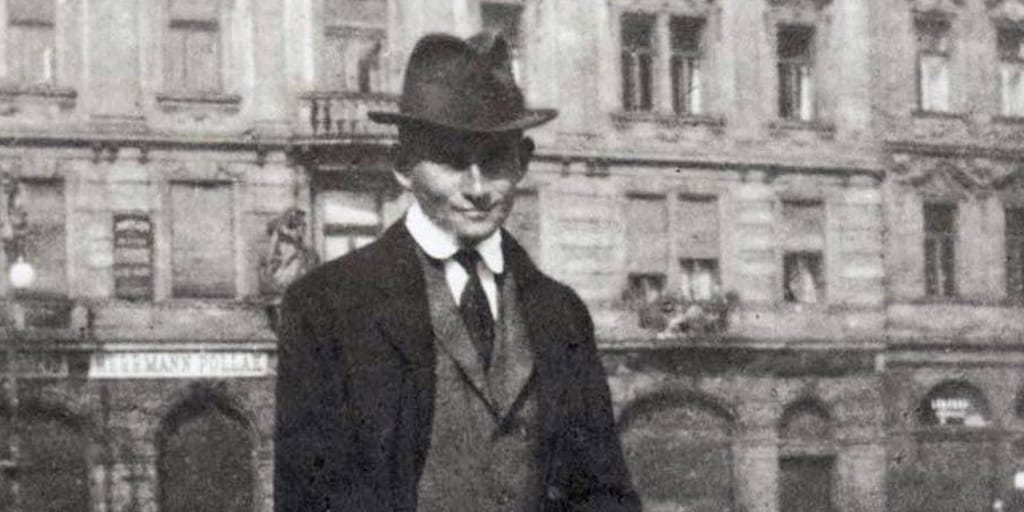
In an article by Nouvelles Du Monde, it is highlighted that Franz Kafka's unique sense of humor continues to captivate readers a century after his works were published [b71aa758]. Kafka's writings often explored themes of isolation, bureaucracy, and the absurdity of human existence [b71aa758]. His letters to Felice Bauer in 1916 revealed his fascination with the silence of small towns near Prague and his obsession with the concept of Paradise [b71aa758]. Kafka's aphorisms, collected and published under the title 'Vous êtes la tâche' (You Are the Task), showcased his distinctive wit and philosophical insights [b71aa758].
Kafka drew inspiration from a variety of sources, including the works of Plato, Søren Kierkegaard, and the Old Testament [b71aa758]. His writing style and themes have influenced numerous authors, and his works continue to be published and celebrated to this day [b71aa758]. Milan Kundera and Eduardo Mendoza have praised Kafka's dark humor, while Monika Zgustova wrote a novel about the last woman Kafka loved [b71aa758].
The article also suggests that Kafka would be horrified by the loss of privacy and the control exerted over individuals in today's society [b71aa758]. His exploration of themes such as alienation and the dehumanizing effects of bureaucracy resonate with contemporary concerns about surveillance and the erosion of personal freedom [b71aa758].
Franz Kafka's unique blend of humor and existential exploration continues to make him a significant figure in literature, with his works remaining relevant and thought-provoking a century after their publication [b71aa758].